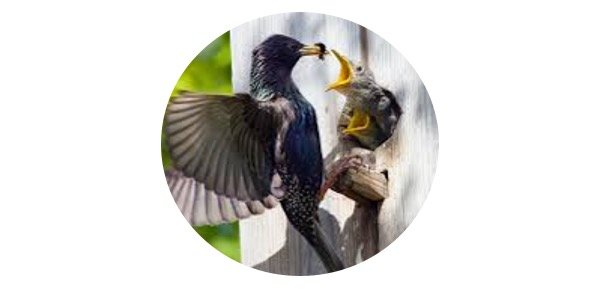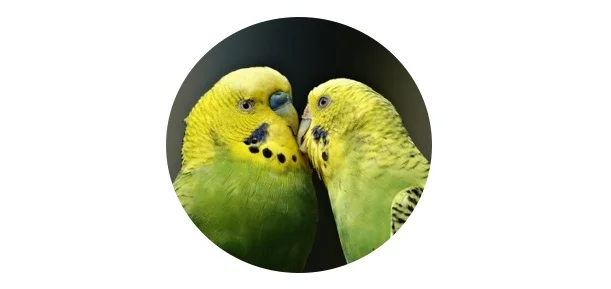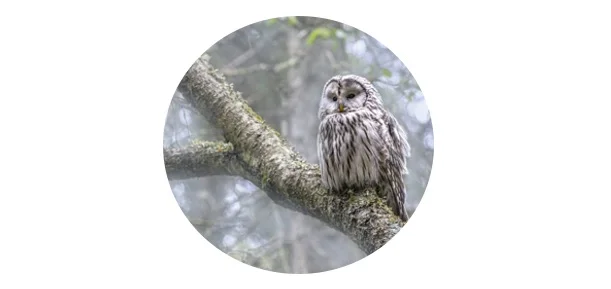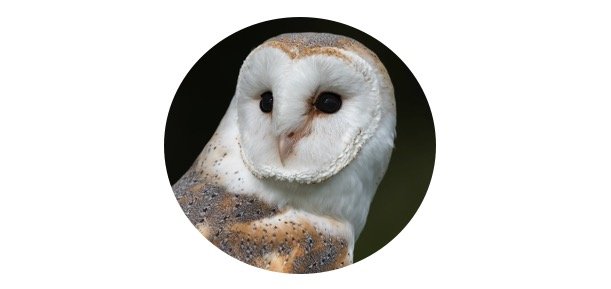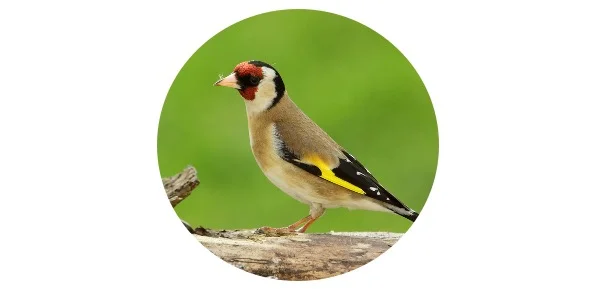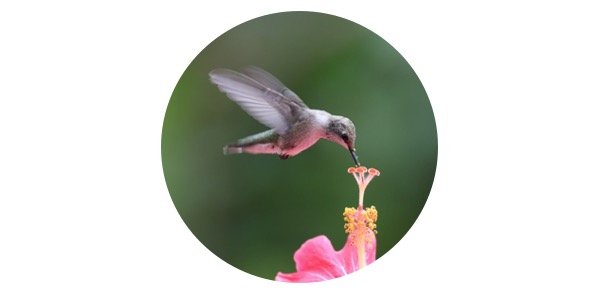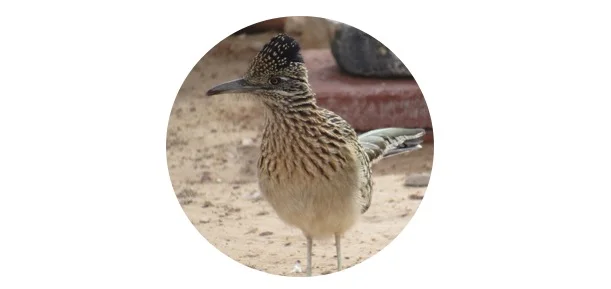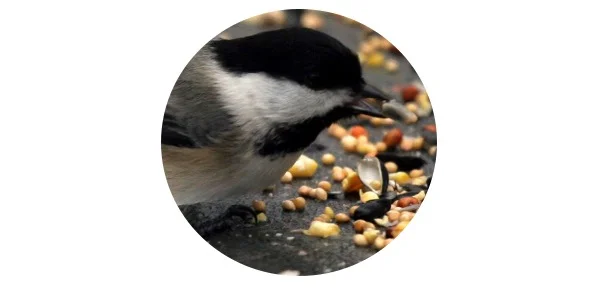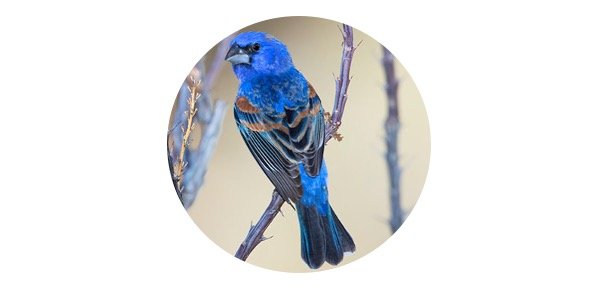Baby Birding Food: A Complete Guide
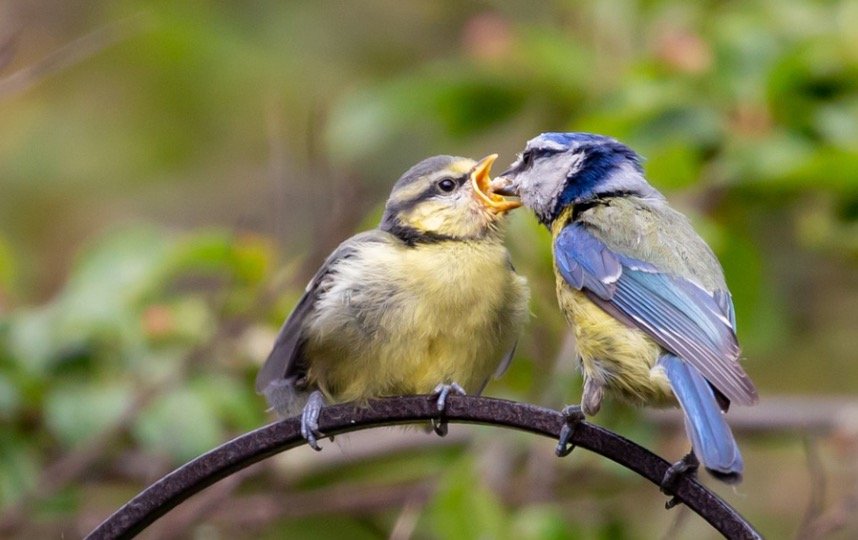
If you live in an area where baby birds fall from the nest, you may be wondering what do you feed a baby bird? When a baby bird falls from its nest, it has the survival instinct to find food and water on its own, but this can prove to be difficult without mom or dad around to help out. If you notice any baby birds on the ground, keep reading for our guide on what do you feed a baby bird.
What is baby birding food?
When raising baby birds, you should make sure that you’re always providing them with proper nutrition. From beaks to feet, a young chick is incredibly fragile and just a few days without food or water can prove deadly.
Fortunately, there are a variety of foods out there for baby birds—or baby birding foods—that are perfectly suited for these tiny little creatures. No matter what kind of fowl you have in your care, we guarantee you’ll find something it will love here! All of these foods come straight from nature and they’re easily found around your house. So before we get into specific types of baby birding foods, let’s talk about what baby birds eat in general.
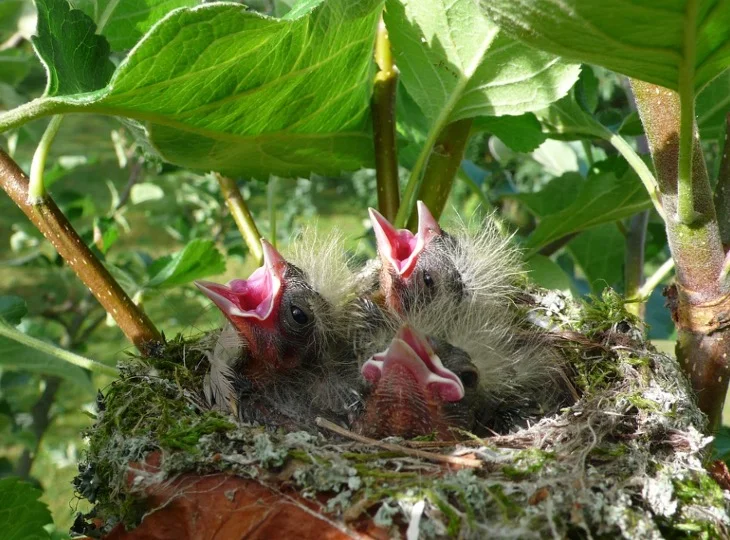
Types of baby birds
Baby birds fall into four categories, with each having its own particular needs for nutrition. The four groups are altricial, naked and helpless; semi-altricial, have downy feathers that are easily ruffled; precocial, have developed feathers and leave their nest within hours of hatching; and social species, learn to fly from their parents instead of being taught. If you’re concerned that a bird is injured or in need of help, it’s best to call an expert (like your local wildlife rehabilitator) immediately. Do not try to raise an injured bird yourself.
Acceptable baby bird food choices
Most baby birds will be reluctant at first and need a little convincing. Do not force it—give it time and make sure you are patient. Make sure you aren’t getting an adult hummingbird! Never feed your baby birds bread crusts.
It’s true that they’re soft enough that they won’t hurt a beak, but it is not good for digestion. An adult bird will digest them more easily than a baby and they take weeks to break down. You could try this list of foods as a baby birding food you’d typically find in your backyard:
- High-protein moist dog food
- Raw kidney or liver (no seasoning)
- High-protein dog biscuits (moistened)
- High-protein dog or cat kibble (moistened)
- Hard-boiled eggs (include finely crushed shells)
- Earth worms or nightcrawlers
- Crickets
- Mealworms or waxworms
- Canned or Soaked dry cat food
- Kaytee, ZuPreem – Commercial Parrot and Finch formulas
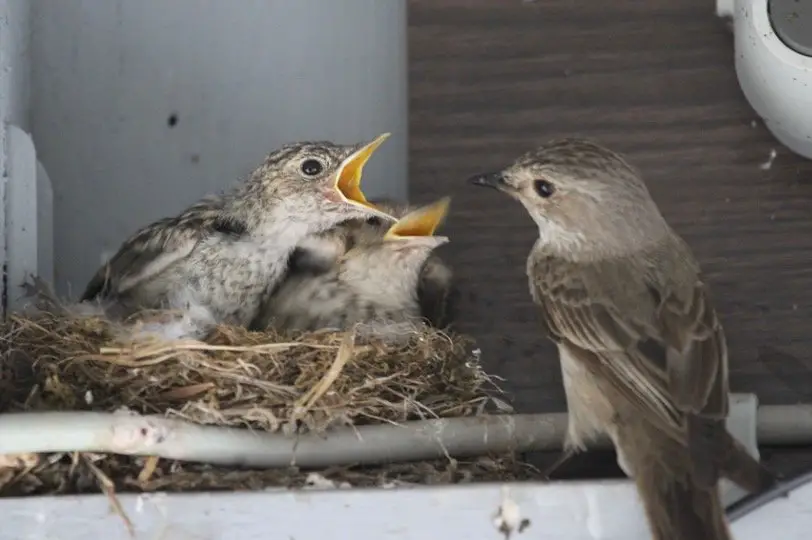
Food you should never feed baby birds
In general, you should never feed birds things that are inappropriate for their age or species. Baby birds need different types of food than adult birds do. For example, while adult birds can get away with seeds and grains, that’s not necessarily true for baby birds. Be sure you know what kind of bird you have before giving it any kind of food (and make sure your bird is healthy before trying any new foods).
If you don’t know much about raising baby birds, it’s best to take them in and talk to a professional before feeding them anything—many common human foods can actually kill baby birds if given in too large a quantity or at an improper age. You absolutely don’t want to feed baby birds any of the following:
- Milk
- Worms
- Pet bird food
- Kitchen scraps
- Whole birdseed
- Bread or bread products
- Water (they get what they need from their food)
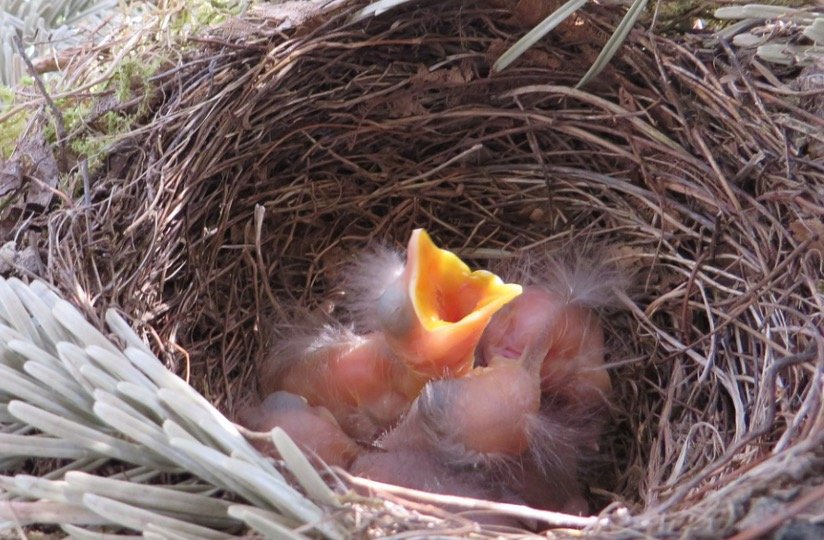
Should I feed a baby bird?
As human, it’s natural for us to want to help any baby animal that comes across our path. After all, we’re programmed from birth to help those in need and nurture young creatures that can’t yet care for themselves. But when we hear a bird chirping away as though its life depended on it, how do we know whether we should try to feed it? Should you feed a Baby Bird?
Yes, ideally you should. While it can be tempting to rescue an adorable baby bird from its nest, but as per bird expert please don’t. In most cases, when baby birds fall out of their nests, they are perfectly fine.
Baby birds have a better chance of survival if left alone by people who rescue them and end up keeping them as pets. It is recommended that you call your local bird conservation group or wildlife center for assistance if you find a baby bird that has fallen from its nest before doing anything else.
What do baby birds eat?
Baby birds are primarily fed by their parents for a reason—they can’t yet hunt for food themselves. (Aww, isn’t that adorable?!) This food is a combination of regurgitated seeds and some insects, though what baby birds eat does vary depending on species.
However, there are some general guidelines about what baby birds eat, but it can also differ based on how old they are and whether or not they’re being raised by their parents or in a zoo environment. In short: They need protein and lots of it!
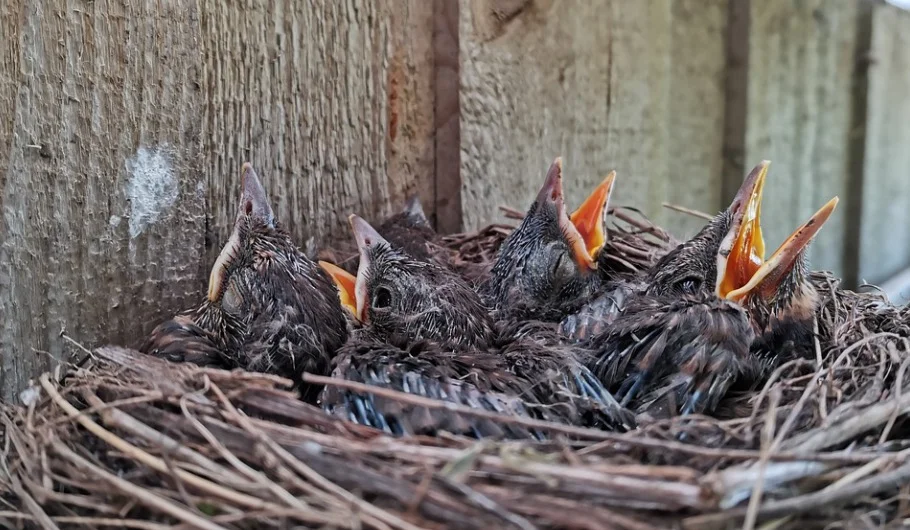
How to feed a baby bird?
Once you have found a baby bird, it is important to determine whether or not it is in need of assistance. Babies that have fallen from their nest, for example, are almost always able to return on their own once they’ve learned how to fly.
If you are not certain of what kind of bird it is, then take a photo and show it to a local animal rehabilitator—they will be able to tell you if they can care for it on their own. Once you know where your little feathered friend needs to go, feed them something that is intended for babies—most people use mashed up hardboiled egg or peanut butter mixed with warm water.
How much should I feed them each day?
There are many different species of baby birds out there, so it’s impossible to say with certainty how much each should be fed. But in general, you should start out by feeding them every 10-15 minutes and then move on to every 20-30 minutes when they are a few days old.
When they get older (1-2 weeks), most will be eating every 30 minutes or more during daylight hours. As far as what you feed them, all birds have different dietary needs depending on what type of bird they are; a quick internet search is sure to reveal that information for whatever species you’re trying to feed.
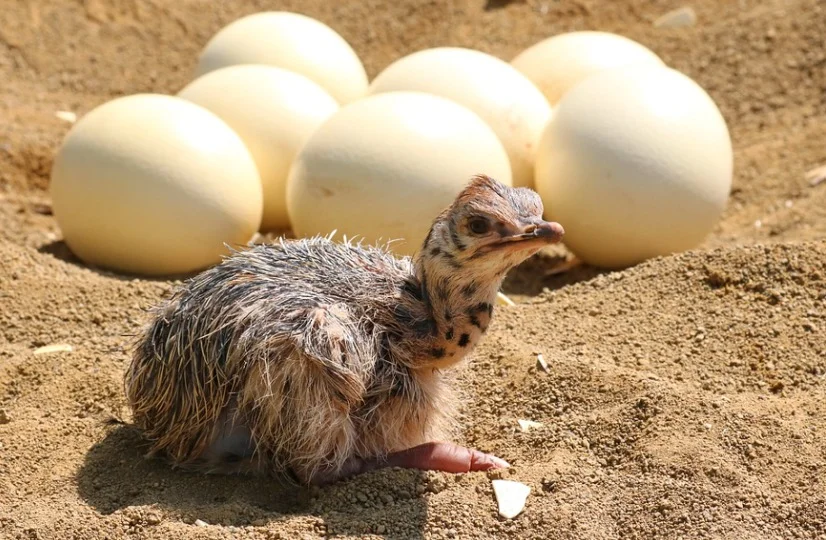
How much food do I need?
It’s best not to assume anything about what you’ll need or how much of it. Every baby bird is different and every situation is different, so use these guides as general guidelines only. Don’t be surprised if you end up going through more food than expected—you will likely want to put out more food than it says here.
Most baby birds won’t just eat as much as they can as fast as they can; they will spend a lot of time at meal times preening and socializing before moving on. It may take several feedings for a baby bird to finish all its mealworms, for example, so don’t assume that if you put out 24 worms today that there will be none left over tomorrow.
How can I get my bird to eat the right amount?
Like human children, bird chicks and fledglings need plenty of nutritious food to grow. But if you’re a new bird owner or an inexperienced chick-feeder, it can be difficult to figure out exactly how much your little one should eat at every stage. Fortunately, it’s not all that difficult to do so once you know what your chick is supposed to look like and how often he or she should be eating.
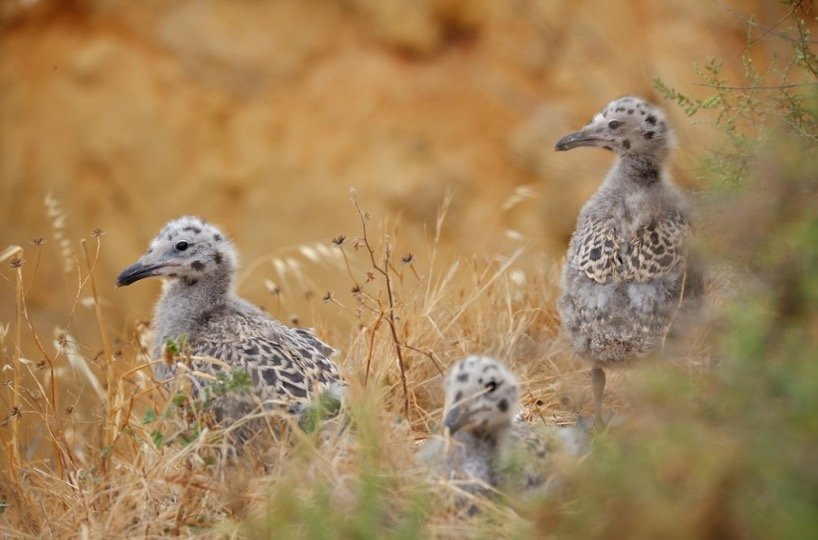
Is there anything else I should know about feeding baby birds?
Absolutely! Keep in mind that what you feed them is not as important as how often you feed them. Hungry birds are more likely to succumb to illness and even die. Make sure they eat every 20 minutes and they should be good. As always, it’s a good idea to check with your local wildlife rescue center if you have any questions or concerns about feeding baby birds.
Tips on how to store your bird food
Most bird food is going to have a limited shelf life. Keeping your bird’s food fresh as long as possible is important, not only because you don’t want him/her eating old food (eww), but also because you probably want your pet bird eating healthy and well-balanced meals. If it starts getting moldy or rancid, toss it out. You can store bird seed in several different ways depending on how much you have and how long you need to keep it fresh.
What to do if you found a baby bird
If you’ve found a baby bird that doesn’t have feathers and has its eyes closed, it’s likely an orphan. Since songbird mothers are really good at hiding their nests, it’s unlikely she will be nearby waiting for you to return her baby.
If you decide to take on parent duty, there are several things you need to know about raising a baby bird. The first thing you should do is call your local wildlife rehabilitation center for advice on how and where to raise your feathered friend.
Acceptable bird food choices
Sunflower seeds, white millet, black oil sunflower seeds, and cracked corn. Unacceptable bird food choices: hamburger meat, bread crusts, sugary cereals, or any other foods that aren’t made for birds. (Birds have different nutritional needs than humans; they require more protein than we do.)
If you’ve found a baby bird and are trying to get it to eat on its own—or if you’re raising a bird from infancy—you’ll need to know what is safe for them to eat as well as what isn’t.
